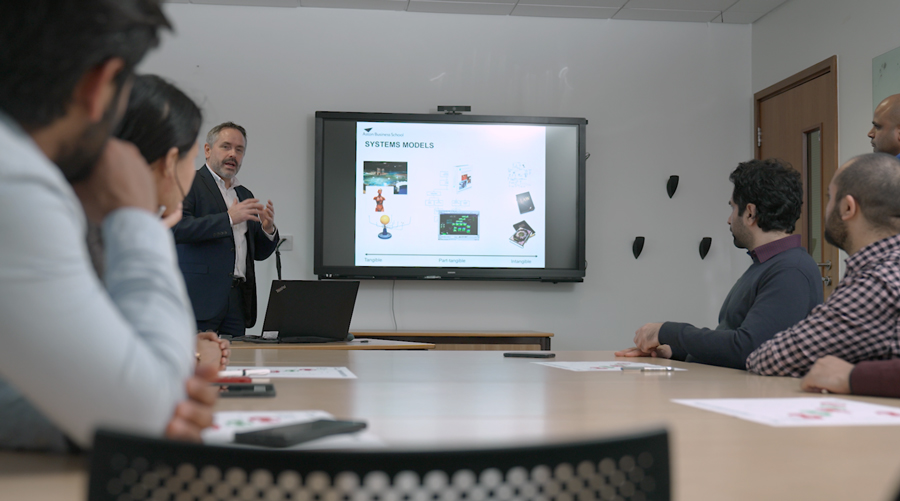Balancing AI and Human Interaction in Education Podcast Series – Episode 5: AI, Leadership, and the Future of Further Education

Episode 5 of the Podcast series on Leadership, AI, and the Future of Further Education
In this fifth instalment of the Podcast series on Leadership, AI, and the Future of Further Education, hosted by Richard Foster-Fletcher, Chair at MKAI.org, and Kurt Hintz, Managing Director at Fortis Education Consulting Ltd, Kurt and Richard engage in a compelling discussion with Scott Hayden, Teacher at Basingstoke College of Technology.
This episode delves into the intricate balance between utilising Artificial Intelligence and maintaining human-centric approaches in education. Our guests discuss the potential benefits and pitfalls of incorporating AI tools into teaching practices, professional development, and assessment.
Highlights:
Challenges Amid COVID-19: Kurt Hintz discusses the difficulties education is facing due to the pandemic, including behavioural issues among students.
AI in Professional Development: The conversation explores AI-enabled coaching for educators, focusing on its potential benefits for professional development.
Objectivity vs. Bias in Assessment: Scott Hayden shares his experience with using AI for marking assignments and discusses the objectivity it offers in comparison to human bias. He also talks about the need to rethink assessment methods to include more authentic forms, such as vlogs and blogs.
The Human Factor: Kurt Hintz questions the implications of AI in soft skills development, especially in engineering roles. Both Scott and Kurt emphasise the importance of “being the human in the loop” when using AI tools.
Technology and Human Interaction: The panel discusses the balance needed between technology and human interaction in education. Richard Foster-Fletcher raises concerns about people becoming engrossed in their phones at the expense of personal relationships.
Ethical Considerations: Scott Hayden stresses the importance of ethical safeguards when using AI tools, particularly for younger audiences. The conversation also touches on the addictive nature of some AI coaching tools and the need for balance.
Digital Well-Being: Scott acknowledges the challenge of managing screen time addiction, citing examples from a college module he conducted on digital well-being.
Action Items:
- Educators and policymakers should consider implementing ethical guidelines for the use of AI in educational settings.
- Schools should focus on creating a balanced approach that leverages technology while not compromising on human interaction.
- Further discussion is needed to explore the potential future advancements in AI and its impact on education.
This enlightening conversation provides a nuanced view of the role of AI in education, urging caution and thoughtful implementation to benefit both educators and students.











Responses